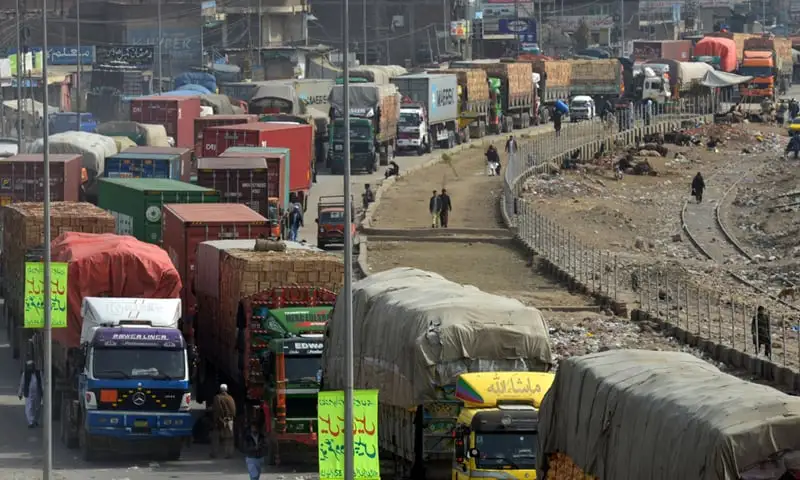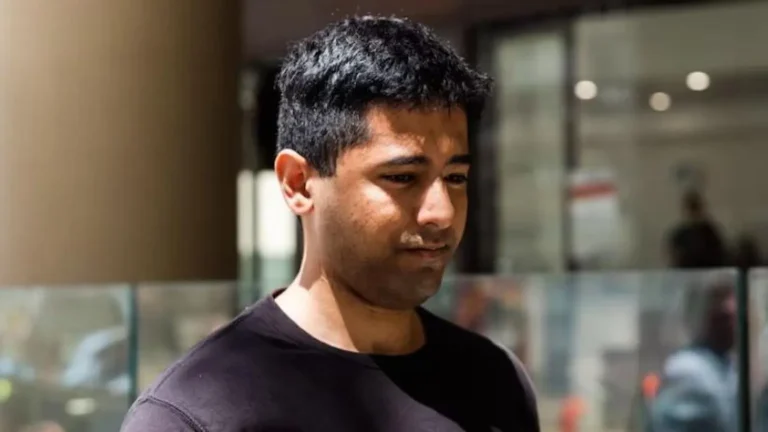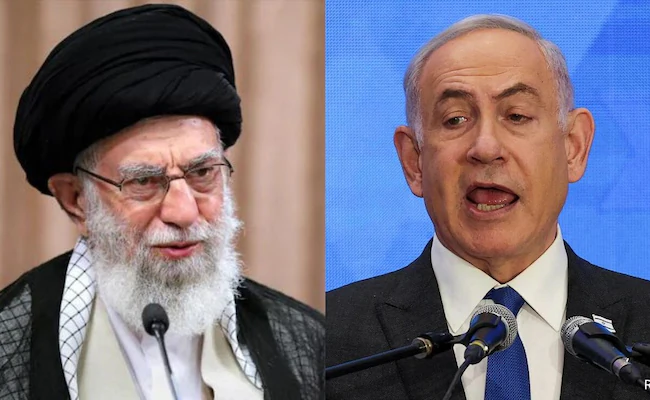Islamabad – By Our Correspondent
The escalating tensions between Pakistan and Afghanistan have become a focal point of regional security concerns, with both nations trading accusations over the use of each other’s territories for terrorist activities. Pakistan has presented what it claims to be conclusive evidence that the Tehrik-i-Taliban Pakistan (TTP) is using Afghan soil as a base for launching terrorist attacks against Pakistan. According to Pakistani security sources, TTP leaders Noor Wali Mehsud and Muzahim Mehsud have been granted special permits by the Afghan Interim Government, allowing them to operate freely with vehicles and weapons within Afghanistan. These leaders reportedly possess official Afghan identification cards and are authorized to own firearms, including Kalashnikovs and other military-grade equipment.
In response to these claims, Afghan officials have demanded that Pakistan provide concrete evidence of these allegations. The Afghan government continues to deny that its territory is being used for such activities, asserting that they would not allow their land to compromise regional security. However, Pakistan has countered by revealing the arrest of an Afghan national involved in cross-border terrorism, which they say substantiates their claims.
Complicating matters further, evidence has also surfaced suggesting that Pakistan has been involved in using Afghan soil for its own purposes. Security sources have reported that Fitnah al-Khawarij, a terrorist group, has been operating from Afghanistan with the knowledge and facilitation of the Afghan Interim Government. The group’s leaders, Noor Wali and Muzahim, have been issued official Afghan permits, vehicles, and weapons, allowing them to maintain a presence near the Afghan-Pakistan border. These developments have intensified the already fraught relationship between the two countries, with defense experts warning that these actions could lead to further destabilization in the region.
As both countries navigate these accusations, the situation remains highly volatile, with significant implications for regional security. The international community continues to watch closely as the potential for broader conflict looms, exacerbated by the ongoing allegations and counter-allegations of state-sponsored terrorism on both sides.




